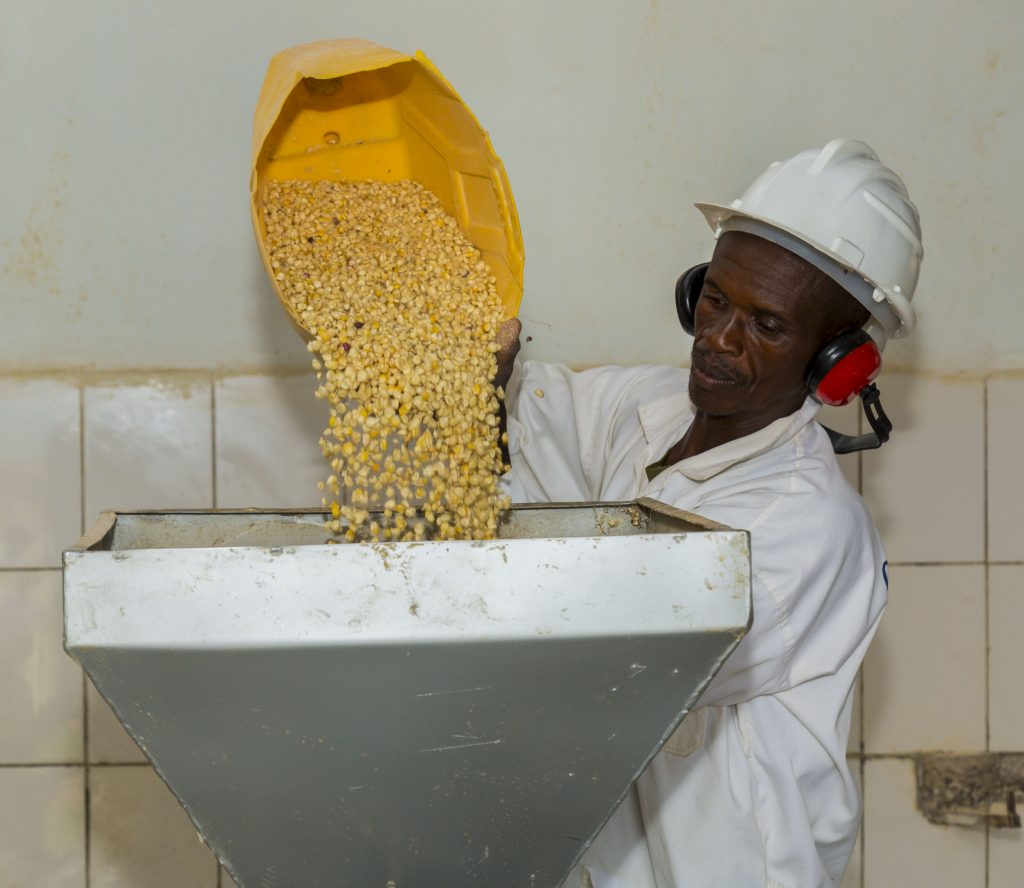It is no longer news that Africa stands to gain an enormous amount through fully realising its agricultural potential.
Almost 70% of Africans make a living off agriculture and growth in the sector is eleven times more effective in reducing poverty than growth in any other. Development policy and private investment thus far have tended to focus on tangible assets: technology, mechanisation, fertilisers, finance and infrastructure. Yet the visibility and predictability of the market is also an issue. In some cases, even after smallholders ramp up productivity, they are unable to find a market to sell to.
Yara CEO Svein Thore Holsther sets the scene by illustrating poor visibility in some of Africa’s markets. “Not too long ago I met with a farmer who used the right inputs, got the right results, only to realise that when he went to the market there was no market,” he says. “It’s heartbreaking to see farmers who invest in their crop but then find there isn’t a market for their additional production”. The solution, he argues, is to adopt a bird’s eye view. “I think we need to challenge ourselves to think holistically; to think systems rather than focusing on each individual business.” Indeed, supply and demand wavers through the idiosyncrasies of the market and all stakeholders in the value chain, from farmer to processor, have much to gain by formalising the structures at play.
Connecting the dots
Yet this is easier said than done. Value chains are replete with a whole range of players and synthesizing the market is no easy feat. “There are a lot more open market trading situations and a lot of uncertainty and that is what causes the problems,” says Simon Winter, Executive Director, Syngenta Foundation. “The more you tighten up those contracts the better.”
Our approach is to work backwards from the buyer; work backwards from the large processors who market and sell the finished product. Kenya-based Diageo backed East African Breweries (EABL) – who gather mainly sorghum to produce beer – do exactly that. The brewers currently work with around 30,000 smallholder sorghum farmers in Kenya and invest along all stages of the supply chain. “On the large part we are still doing everything,” says Jean Kiarie Ngumo, Corporate Affairs & Sustainability specialist for EABL. “We will take care of the inputs we will take care of the financing; so we do everything.” This guarantees a set amount […]
